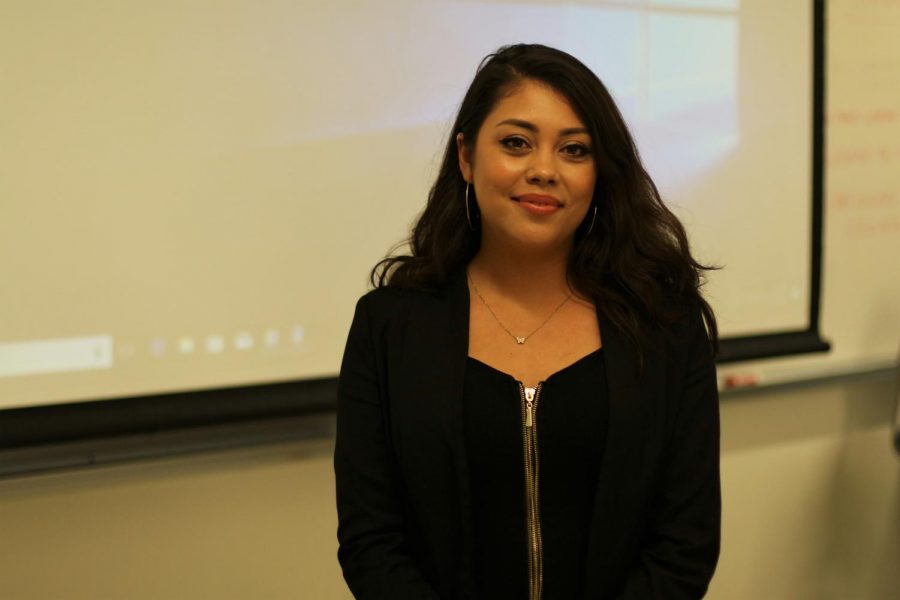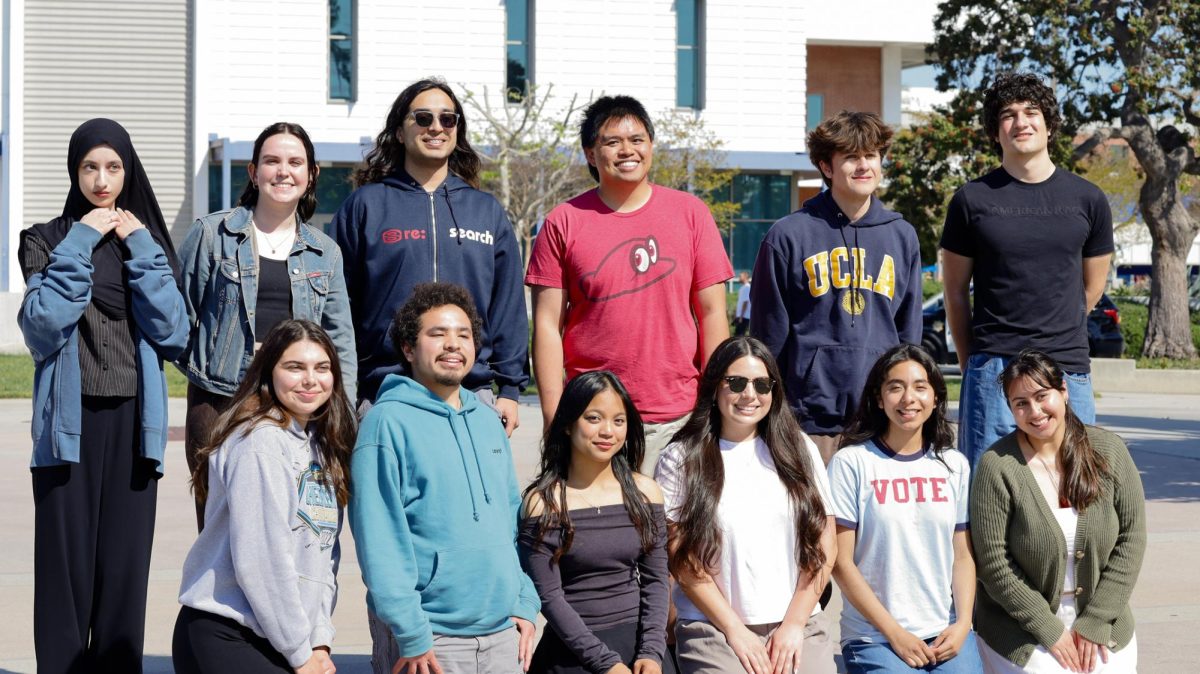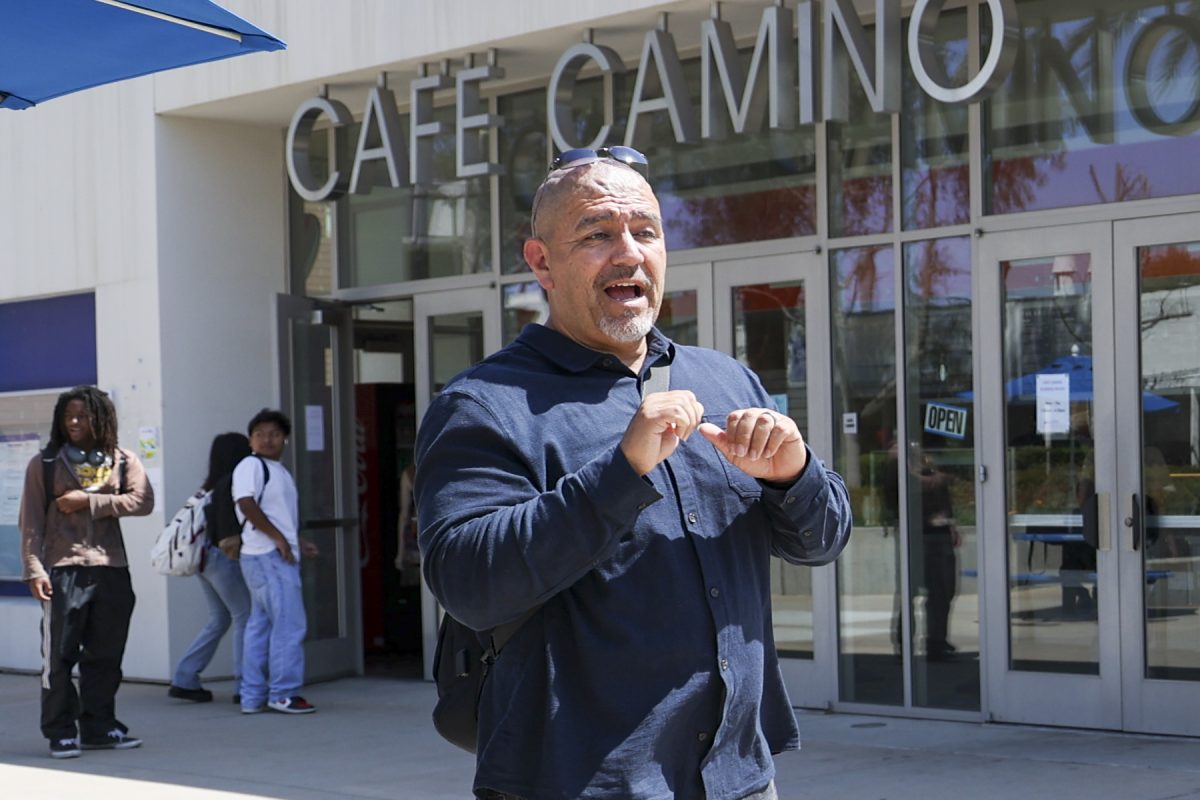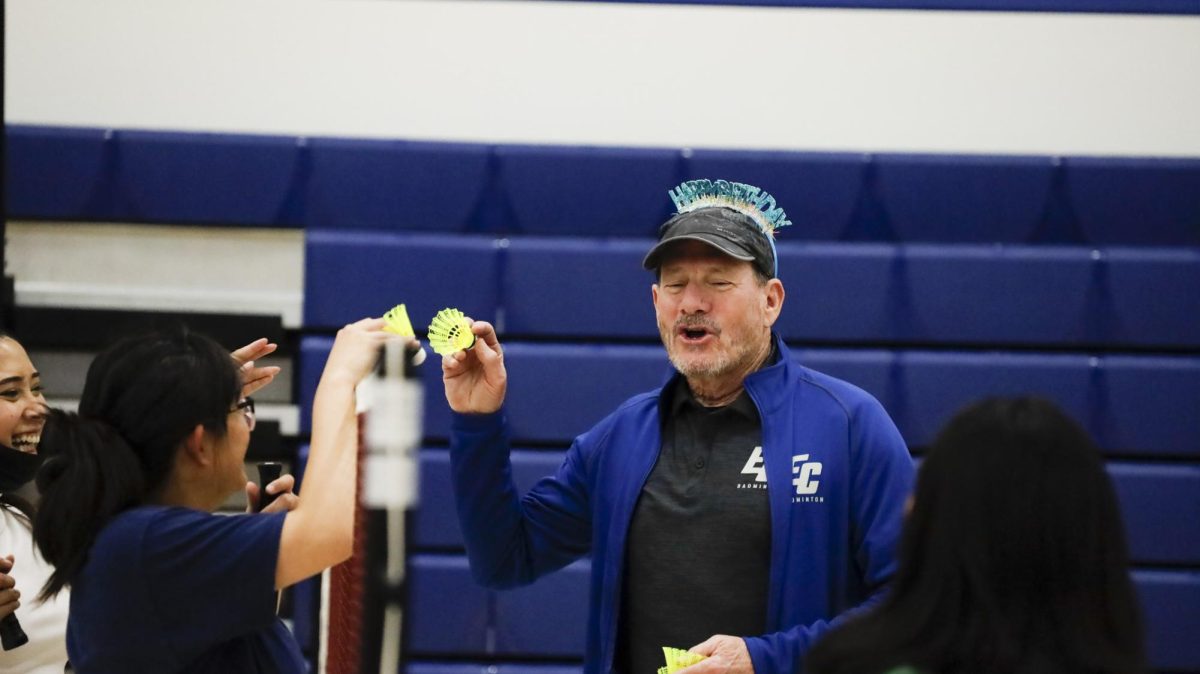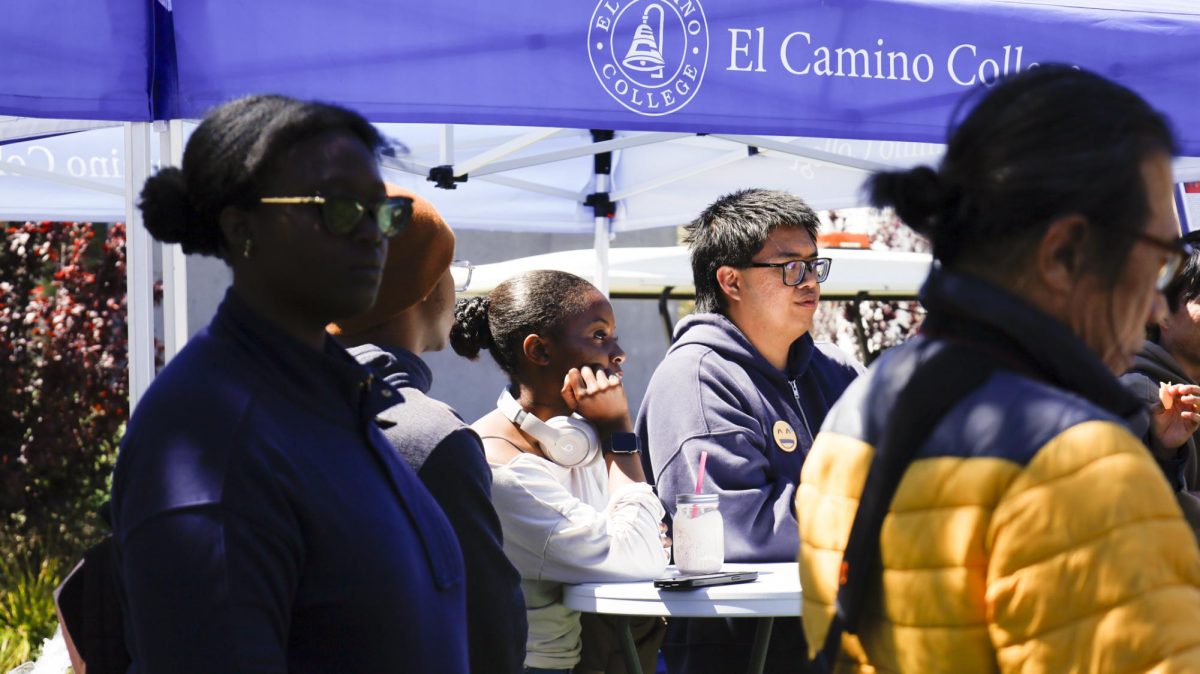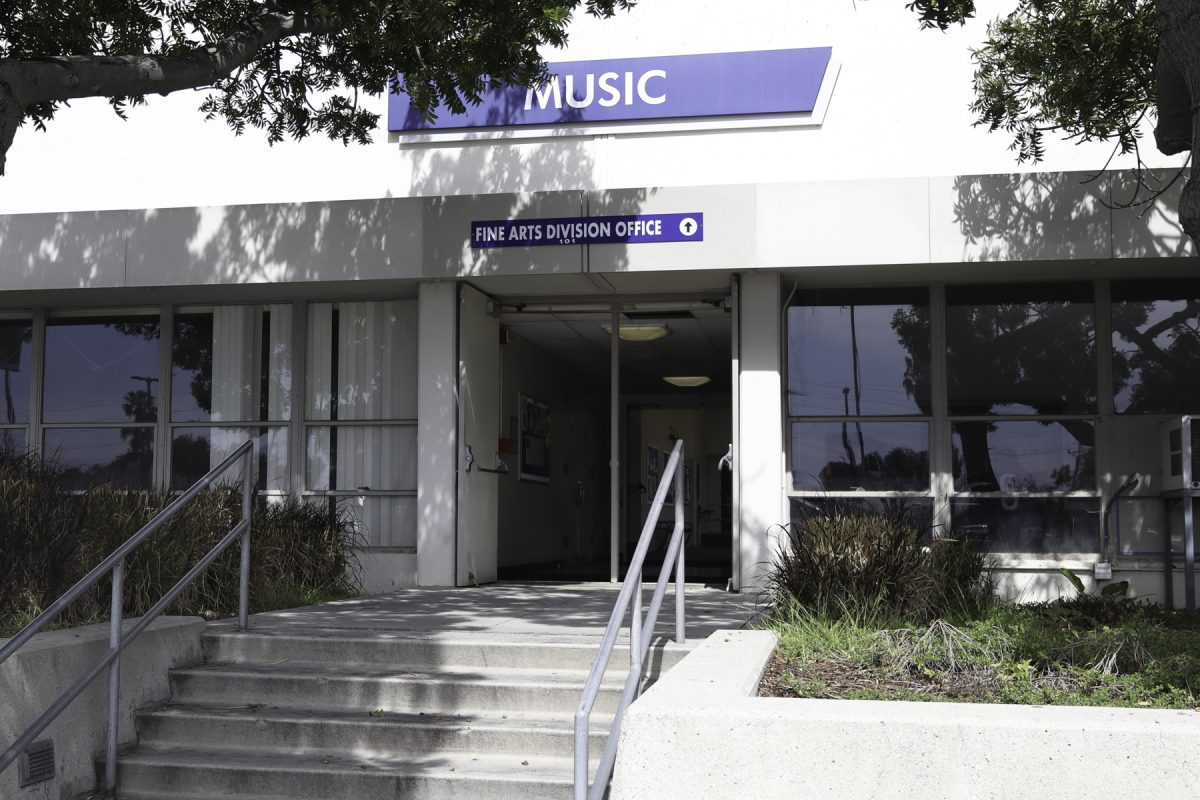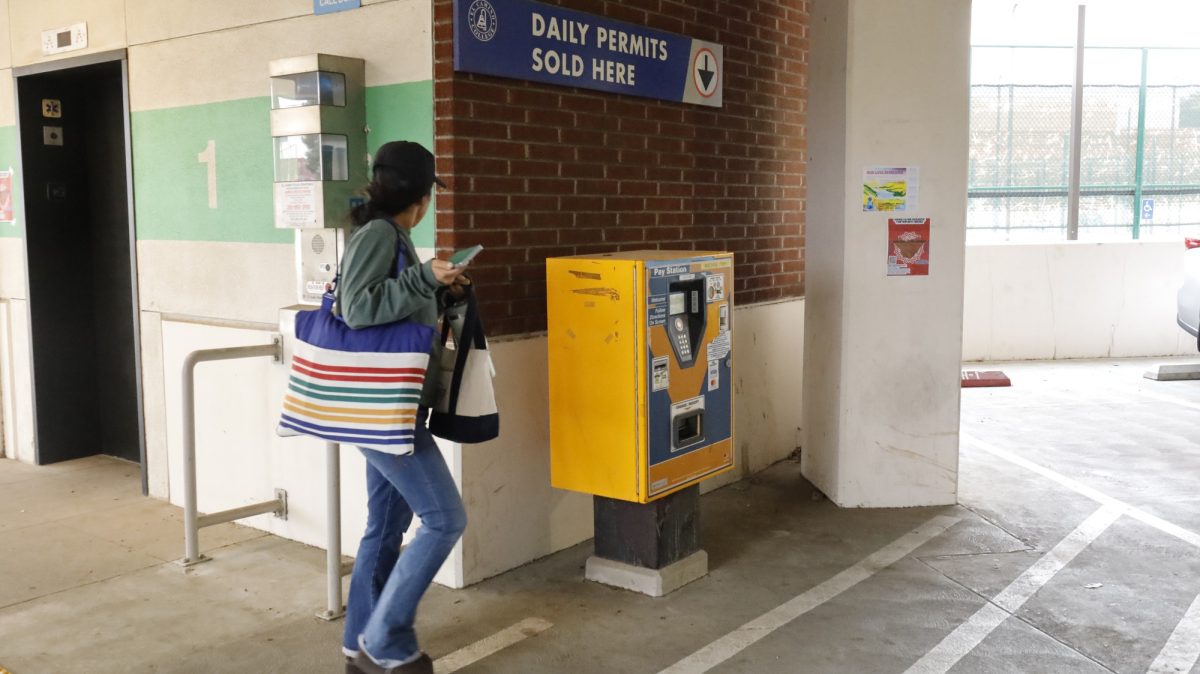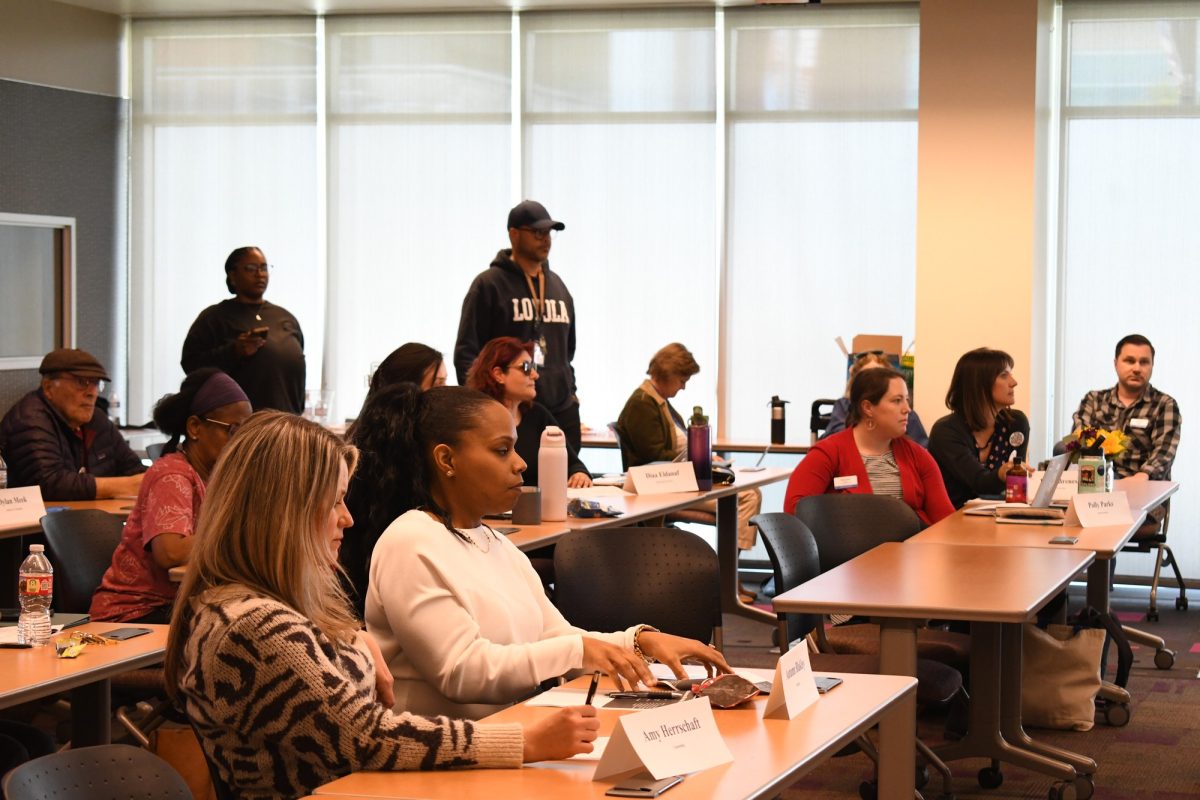The Undocumented Students Week of Action (USWA) at El Camino College began this week with a workshop designed to inform undocumented students about options they have in entrepreneurship .
The “Undocu-Entrepreneur” workshop took place at the Industry Technology Education Center (ITEC) building on Monday, Oct.14 with invited speaker Michelle Segura, coordinator for the Dream Resource Center at Los Angeles Trade Tech College.
Segura’s presentation included information such as what defines an independent contractor, marketing techniques, having employees, checking credit scores, using an Individual Taxpayer Identification Number and doing taxes as an entrepreneur.
“A lot of the information can really transfer over to anyone really that wants to start a business but we really, really want to empower any undocumented student that does not have a social security number to learn about how they can start up their own business,” Segura said.
While the Deferred Action for Childhood Arrivals (DACA) program, established in 2012, has given many undocumented students work authorization and protection from deportation, Segura said that there are still many students that don’t have these benefits.
“In 2017, the Trump administration rescinded DACA and so no new applicants were able to go through the program,” she said. “Any student that may have graduated after 2017, their likelihood of not having a social security is really high.”
The efforts to put out these resources out to undocumented students reflects the uncertainties many students in college can be facing as the Supreme Court will also be reviewing this November whether Trump’s decision to cancel DACA in 2017 was legal, according to the Atlanta Journal-Constitution.
“I think DACA is important but it only represents a very small amount [undocumented students],” Seguro said. “Especially living in Southern California, we have the largest amount of undocumented students to service and although DACA is important, there still so many students that are not beneficiaries of the program and it’s important to also share their narrative and their struggles.”



